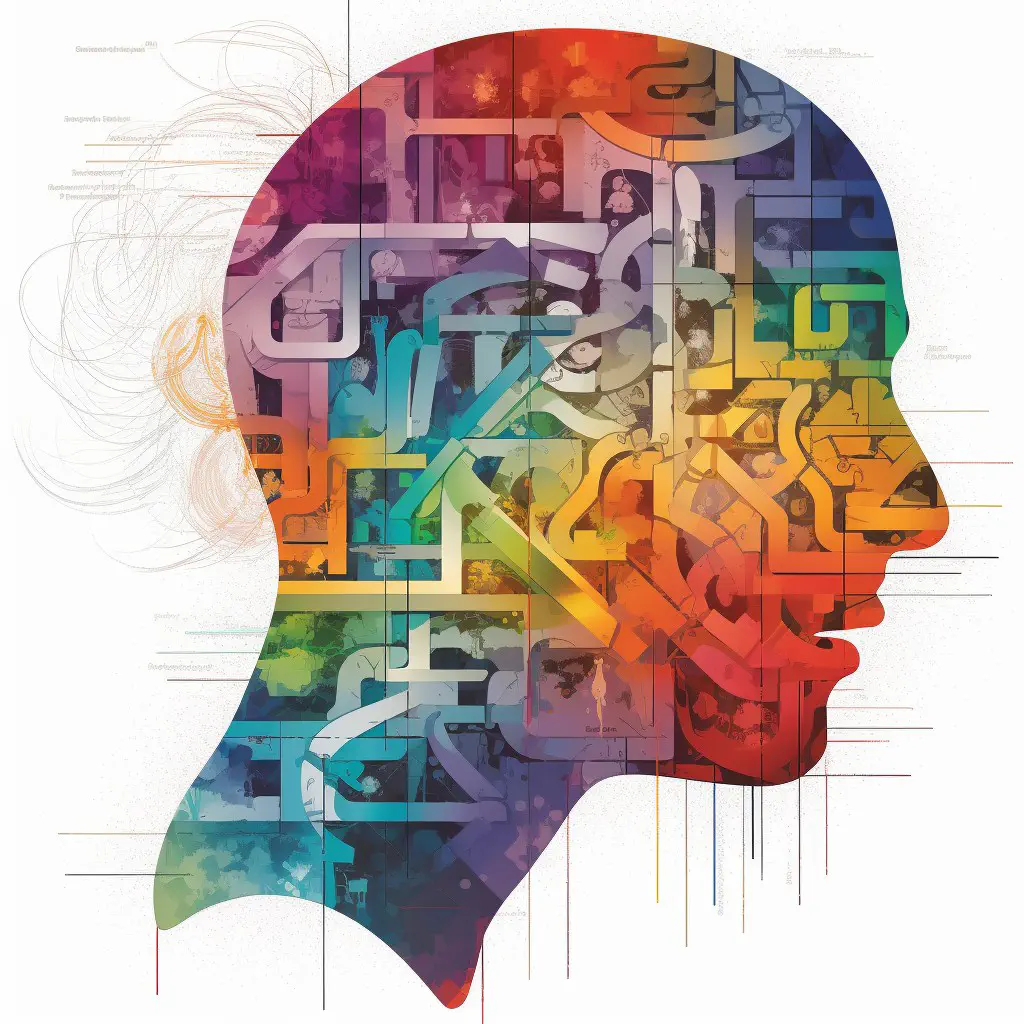
In today’s rapidly changing world, the ability to adapt to change and uncertainty has become more important than ever. This is where cognitive flexibility comes in – the ability to switch between different mental frameworks or perspectives in response to changing circumstances. In this article, we’ll explore what cognitive flexibility is, why it’s important, and how you can develop it to better navigate the challenges of an ever-changing world.
What is Cognitive Flexibility?
Cognitive flexibility is a mental ability that allows you to switch between different cognitive strategies or mental frameworks in response to changing situations. It involves the ability to adapt your thinking and behavior to different contexts, perspectives, and demands. In other words, cognitive flexibility is the ability to change your mind and adapt to new situations.
Cognitive flexibility involves several different cognitive processes, including:
- Shifting: the ability to switch your attention from one task or perspective to another
- Updating: the ability to modify your working memory and update your mental representation of the current situation
- Inhibition: the ability to suppress previously learned information or responses in order to adapt to new situations
Why is Cognitive Flexibility Important?
Cognitive flexibility is important for several reasons. First, it allows you to adapt to change and uncertainty. In today’s fast-paced world, things can change quickly, and being able to adapt to new circumstances is essential for success.
Second, cognitive flexibility allows you to see things from different perspectives. This can be helpful in problem-solving, as it allows you to consider different solutions and approaches to a problem.
Finally, cognitive flexibility is important for mental health. Research has shown that people with higher levels of cognitive flexibility are more resilient to stress and are less likely to experience anxiety and depression.
How to Develop Cognitive Flexibility
The good news is that cognitive flexibility is not a fixed trait – it can be developed and improved with practice. Here are some strategies to help you develop cognitive flexibility:
1. Embrace novelty and new experiences
One of the best ways to develop cognitive flexibility is to expose yourself to new and novel experiences. This could be as simple as trying a new food, taking a different route to work, or learning a new skill. By exposing yourself to new experiences, you force your brain to adapt to new situations and develop new mental frameworks.
2. Practice mindfulness
Mindfulness is the practice of being present and aware of your thoughts and feelings. By practicing mindfulness, you can develop a greater awareness of your mental processes and become better at recognizing when you are stuck in a rigid mindset. Mindfulness can also help you develop the ability to shift your attention and update your mental representation of the current situation.
3. Challenge your assumptions
Another way to develop cognitive flexibility is to challenge your assumptions and beliefs. This could involve questioning your own biases and prejudices, or seeking out alternative viewpoints and perspectives. By challenging your assumptions, you can develop a more open-minded approach to new information and ideas.
4. Engage in creative activities
Engaging in creative activities can also help develop cognitive flexibility. Creative activities like painting, writing, or playing music require you to think outside the box and come up with new ideas. By practicing creativity, you can develop the ability to switch between different mental frameworks and develop new perspectives.
5. Practice cognitive control
Cognitive control refers to the ability to regulate your thoughts and behavior in response to changing circumstances. To practice cognitive control, you can try activities like meditation, yoga, or cognitive-behavioral therapy (CBT). These activities can help you develop the ability to inhibit previously learned responses and adapt to new situations.
6. Seek out diverse perspectives
Seeking out diverse perspectives and experiences can also help develop cognitive flexibility. This could involve reading books and articles from different viewpoints, traveling to different parts of the world, or engaging with people from different backgrounds and cultures. By exposing yourself to diverse perspectives, you can broaden your mental horizons and develop a more flexible mindset.
7. Embrace uncertainty
Finally, it’s important to embrace uncertainty and be comfortable with not knowing all the answers. Uncertainty is an inevitable part of life, and the more comfortable you are with it, the better equipped you will be to adapt to changing circumstances. To embrace uncertainty, you can try activities like improvisational theater or simply practicing mindfulness and accepting your thoughts and feelings without judgment.
Conclusion
Cognitive flexibility is a valuable mental ability that can help you adapt to change and uncertainty, see things from different perspectives, and improve your mental health. By practicing strategies like embracing novelty, mindfulness, challenging your assumptions, engaging in creative activities, practicing cognitive control, seeking out diverse perspectives, and embracing uncertainty, you can develop and improve your cognitive flexibility. So embrace the challenge of change and uncertainty, and develop your cognitive flexibility to thrive in a rapidly changing world.


